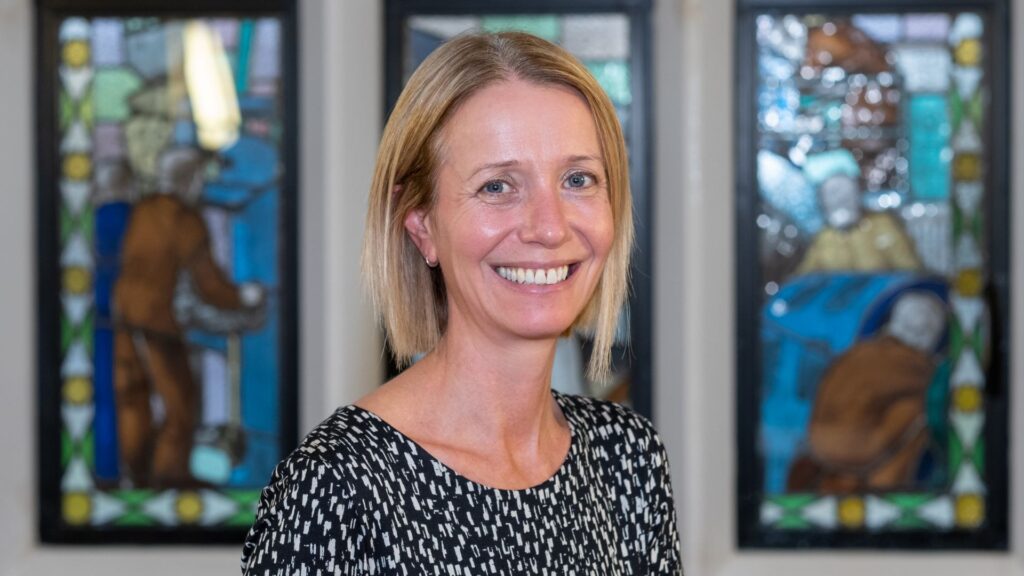“Being anti-racist is relevant to everyone’s role”: Reflections on Race Equality Week

I participated in the Race Equality Matters 5-Day Challenge at the start of February. I also encouraged my entire team to do the same and made this easy for them to do by having a dedicated person download the challenges and email them out to the whole team. A daily reminder makes it so much more likely that people will engage. Sometimes that journey of development and reflection just needs a little nudge. I don’t know how many people from the team participated, it isn’t something I wanted to monitor in a performative way.
Instead, I wanted to make it easy for people to engage with an agenda that they might otherwise consider to be for “the EDI Team” or not related to their job. Being anti-racist is relevant to everyone’s role. But it is not always immediately obvious what it means. And being anti-racist is different to not being racist.
I found the bite-sized resources to be a really clever way to engage with an anti-racist agenda. I mean, who can’t spare five minutes of their day to learn something new about a topic that matters so much?
This year, the focus of my learning was around understanding, recognising and gaining confidence in calling out harmful behaviours (these are called microaggressions in the material but we had a useful email exchange within the team about why this is not a good term – so we agreed to think about them as harmful behaviours). I think the reality is that we will witness harmful behaviours – be that around race, power or anything else. It’s easy to look at the floor, pretend you haven’t heard it or be a bystander and I expect most of us know a time where we did just that. My personal takeaways were some useful techniques for following up on incidents where I have witnessed harmful behaviours:
- Probing questions to the person who made the comment to help them reflect on their behaviour rather than being instantly defensive. We learn more through reflection than attack and defence. So, a simple question “What made you say that?” could really start to shift the dial.
- Importantly, following up with the person who experienced the harmful behaviour. They will likely be feeling hurt or lonely following the event and it may not be the first of the day, week, or month. So, if we have witnessed harm, we have a duty of care to check on the person and see what we can do to help them.
- I would encourage all staff who have not already done so to take 20-30 minutes over the next week to review these five-day challenges which can be found at: 5 Day Challenge – Race Equality Matters
Amanda Silverwood, a member of Miranda’s team commented: “I think it’s really important for managers to expressly give their team permission to spend a part of their working day participating in EDI activities. It shows that you believe that EDI is everyone’s responsibility and that it impacts everyone’s work.
“The Race Equality Matters 5-day challenge is the perfect activity. It’s low-pressure, accessible and something that everyone can find time to do. It also has meaningful outcomes with practical steps that people can implement immediately such as actively seeking out a book, film or podcast based on a different culture from your own.”
Miranda Routledge
Director of Strategic Planning and Chief of Staff
Equity, Diversity and Inclusion
Reflections, comments, discussion and opinion on EDI topics from Loughborough University staff and students